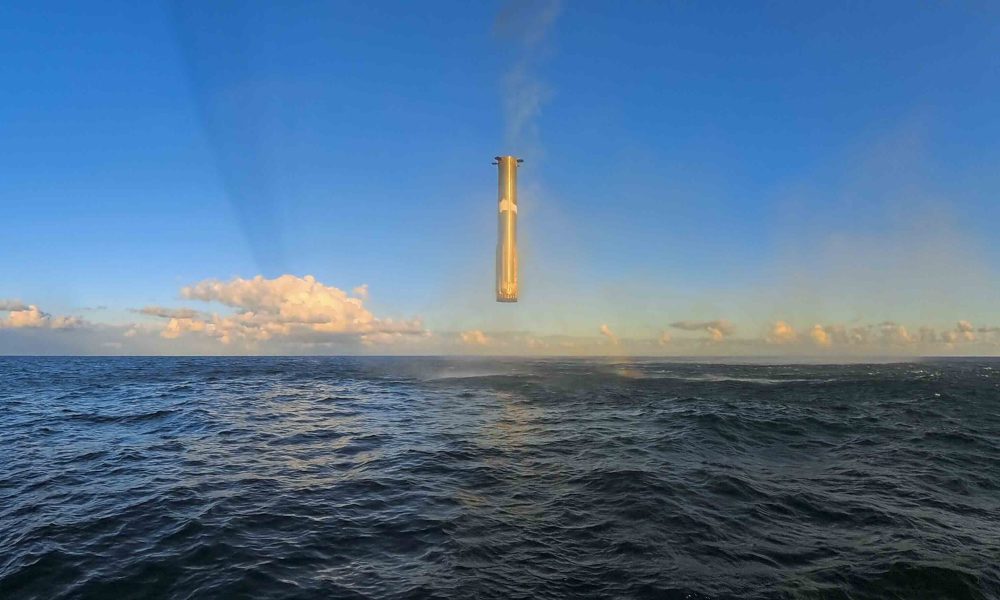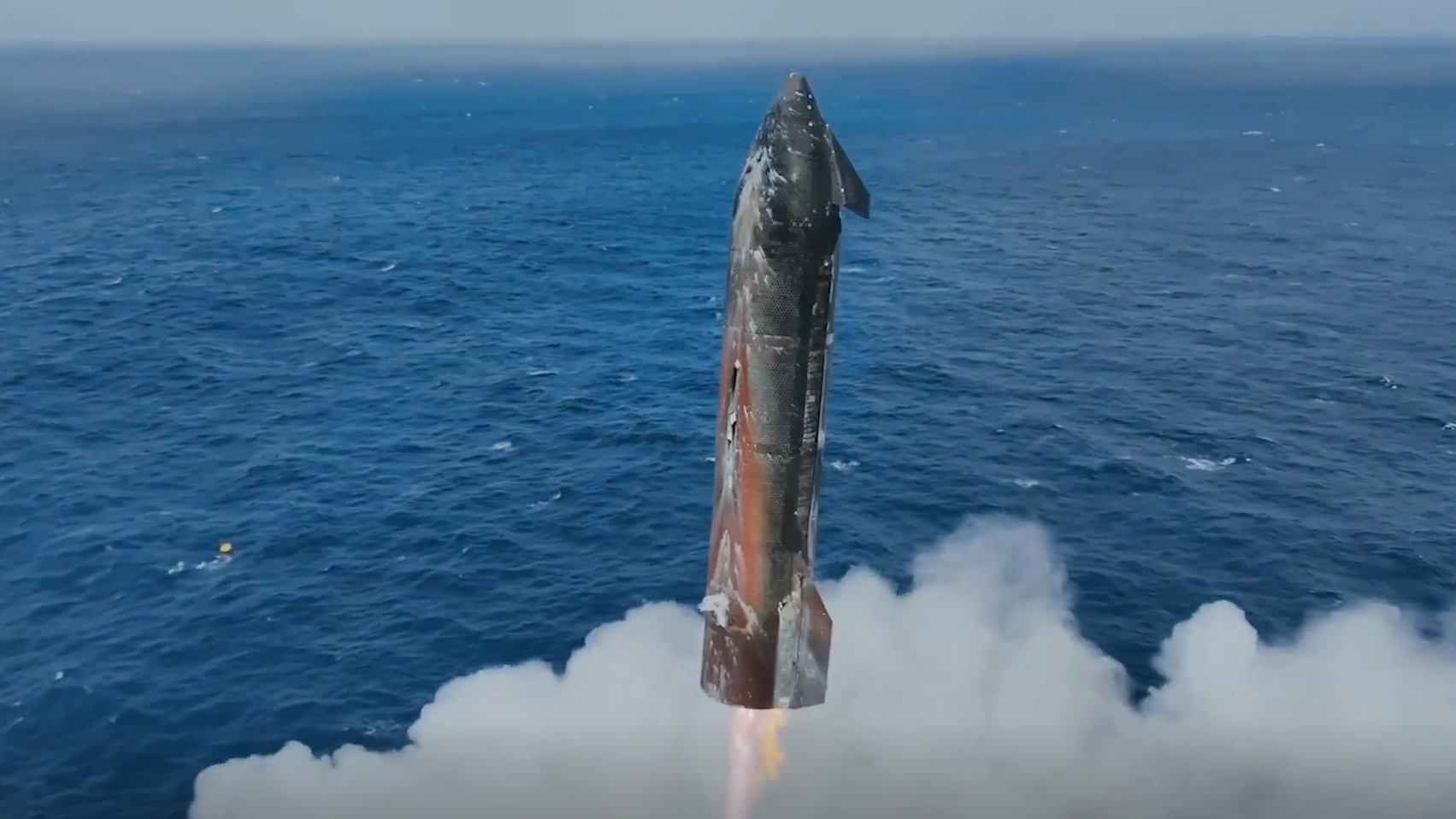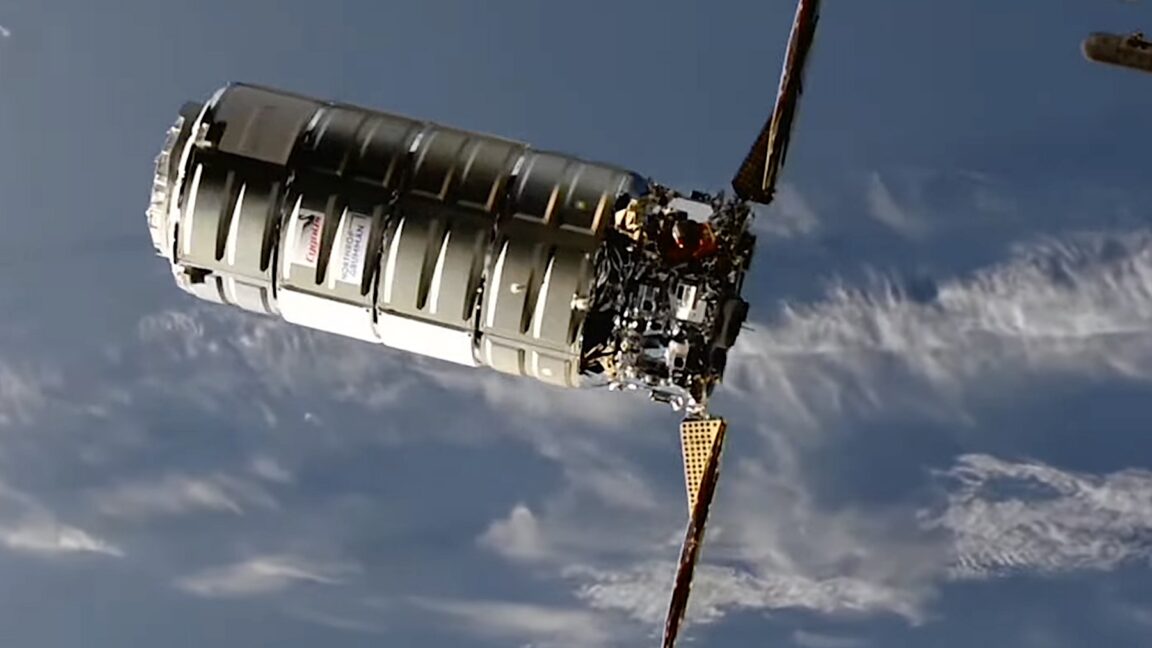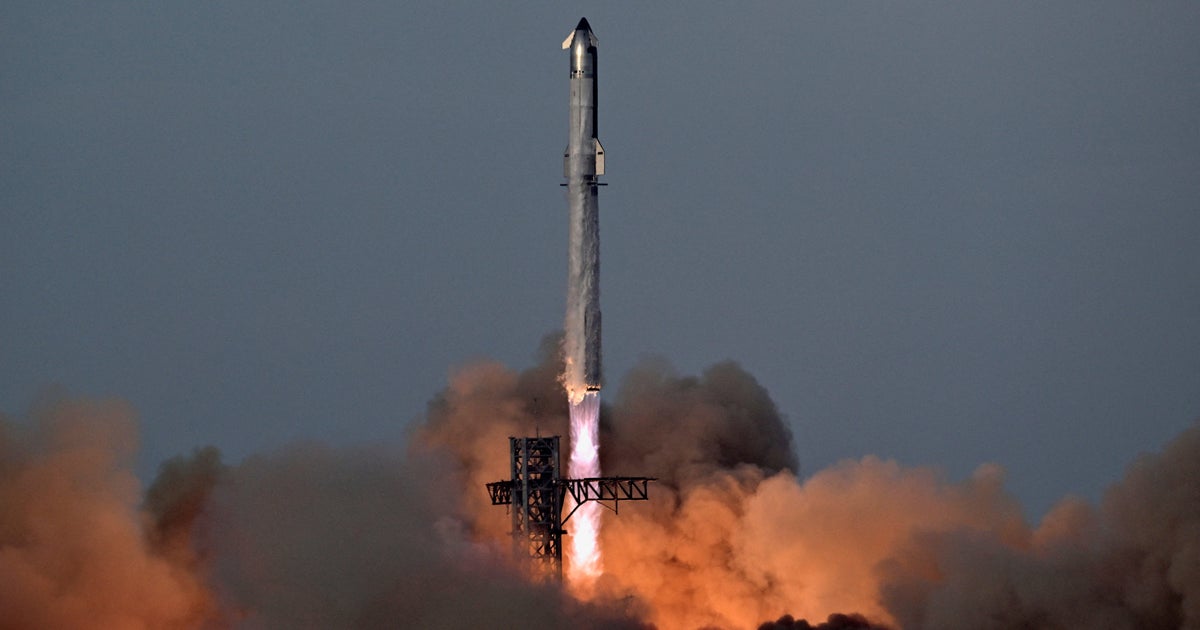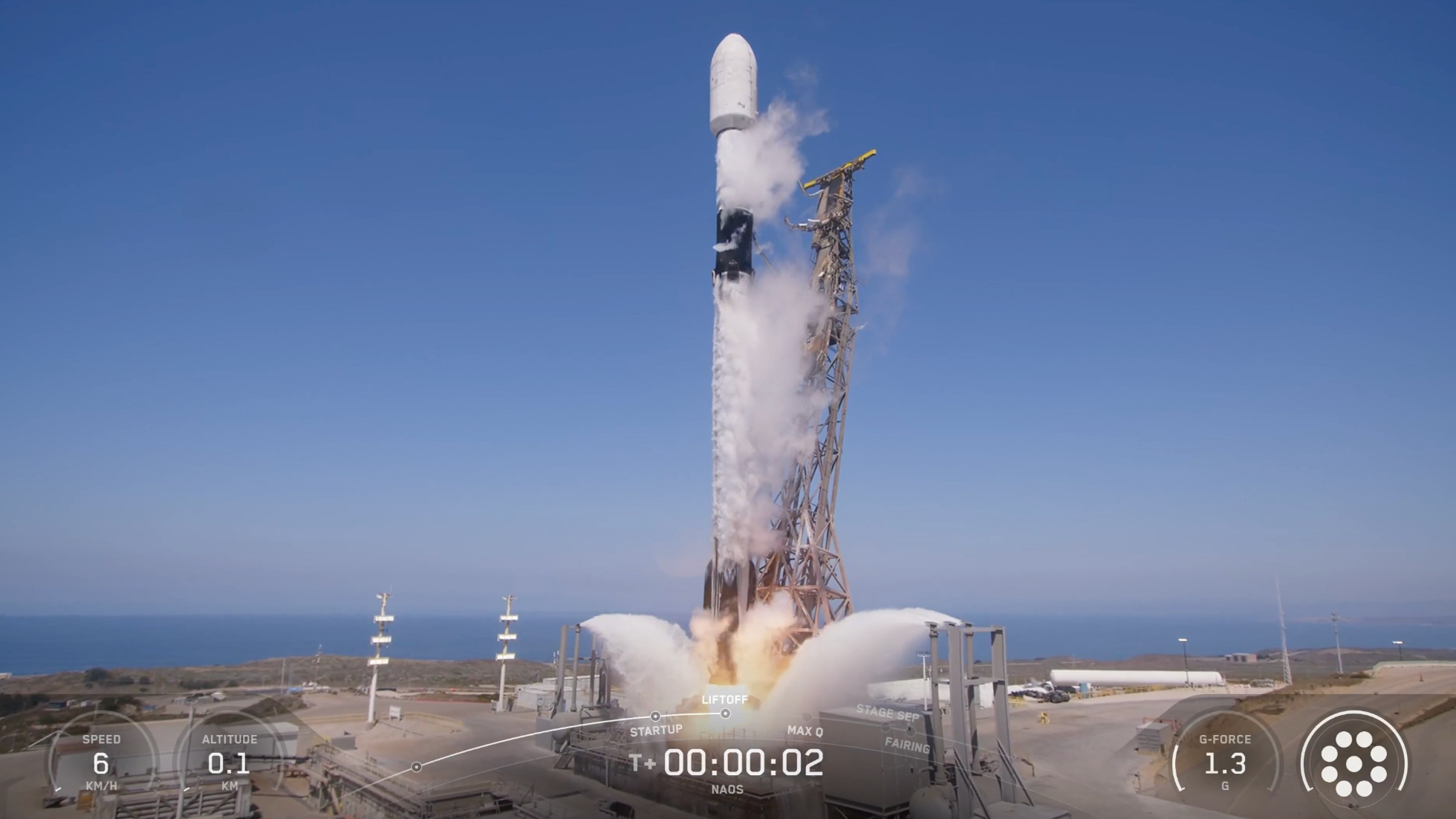SpaceX Launches Haven Demo Pathfinder Toward Haven-1 Private Space Station
#spacex #private_space #space_station #aerospace #private_industry
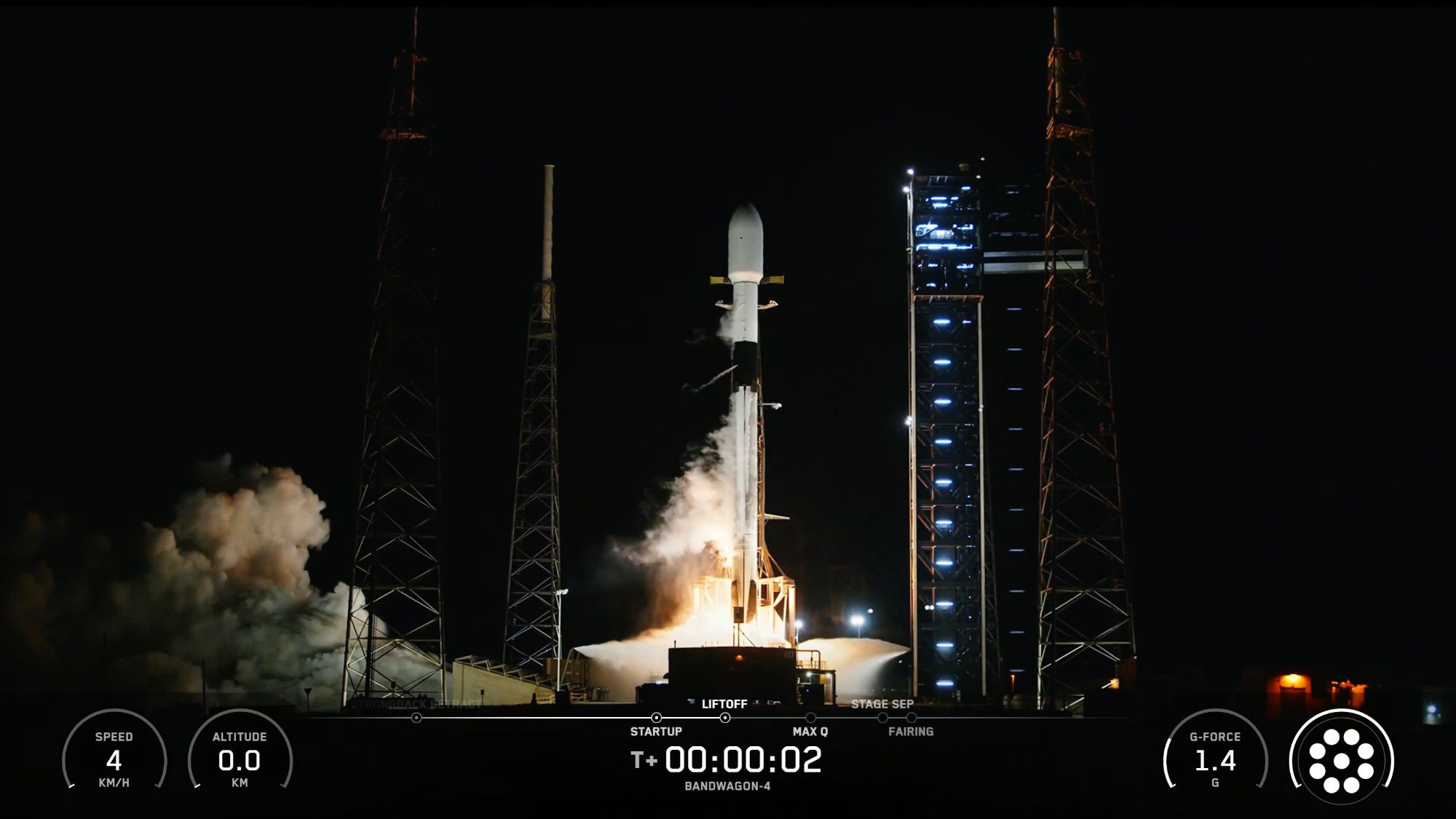
SpaceX Launches 'Haven Demo' Pathfinder
On November 2, 2025, SpaceX launched the 'Haven Demo' aboard a Falcon 9 rocket from Cape Canaveral, marking a critical step toward private space station development. This pathfinder spacecraft will test key systems such as propulsion, flight computers, and navigation software, all essential for the upcoming Haven-1 station planned by Vast Space for launch in 2026.
Advancing Private Space Habitats
Haven-1 represents the first U.S.-built commercial space station in over two decades, designed as a human-centric innovation lab. With a habitable volume of 45 cubic meters, it offers personal crew quarters and communal spaces, aiming to support private astronauts and government missions. The successful deployment of Haven Demo paves the way for validating technologies vital to maintaining a safe, functional orbital habitat.
Implications for Space Exploration
This launch highlights the growing role of private companies in low Earth orbit infrastructure. Testing flight-critical systems on Haven Demo reduces risks for Haven-1’s complex mission profile, signaling a new era where commercial space stations could become key platforms for research and exploration beyond traditional government programs.
About the Organizations Mentioned
SpaceX
SpaceX is a private aerospace manufacturer and space transportation company founded in 2002 by Elon Musk with the mission to revolutionize space technology and enable human life to become multiplanetary[3]. It designs, manufactures, and launches advanced rockets and spacecraft, pioneering reusable rocket technology to dramatically reduce the cost of access to space. One of SpaceX’s key achievements includes the development and operational success of the Falcon 9 and Falcon Heavy rockets, both featuring reusable first-stage boosters. This reusability has significantly lowered launch costs and increased reliability, enabling frequent commercial, scientific, and government missions. SpaceX has launched over 95 national security missions with these rockets, demonstrating maturity and trust from the U.S. Space Force and other agencies[2]. Another major milestone is the Starlink satellite constellation, with nearly 6,900 satellites currently in orbit as of 2025. Starlink aims to provide global broadband internet service, especially in underserved regions, making it one of the largest satellite constellations in history[1]. This ambitious project also serves as a revenue stream to fund SpaceX’s broader goals. Looking ahead, SpaceX is developing Starship, a next-generation fully and rapidly reusable super heavy-lift launch system designed to carry large payloads and humans to the Moon, Mars, and beyond. Elon Musk envisions Starship enabling mass transport to Mars, with the potential to launch multiple times a day, dramatically increasing total mass sent to orbit annually, far surpassing all previous space launch capabilities combined[1][2]. Pending environmental reviews, Starship’s first launch from Florida’s LC-39A is planned for late 2025[2]. Despite these advances, SpaceX remains privately held, with limited public insight into its financial health. Questions persist around the profitability of Falcon launches, Starlink operations, and future Starship missions, especially given the enormous funding required for Mars colonization[1]. Nonetheless, SpaceX continues to inspire both enthusiasm and debate in the business and technology
Vast Space
Vast Space is a pioneering American aerospace company founded in 2021 by entrepreneur Jed McCaleb, headquartered in Long Beach, California. Its core mission is to develop the world’s first artificial gravity space stations to enable sustainable, long-term human presence and productivity in space beyond Earth’s orbit[1][4]. Vast’s vision centers on expanding humanity throughout the solar system by building next-generation habitats that support large populations living and working permanently in space, thereby unlocking vast space resources without harming Earth’s environment[4][5]. The company officially launched in September 2022 and quickly expanded its operations by relocating to a 115,000 square-foot facility in Long Beach, designed to integrate manufacturing with corporate functions[1]. In early 2023, Vast acquired Launcher, a Hawthorne-based space startup, enhancing its propulsion capabilities with Launcher’s E-2 engine and payload hosting technology, which Vast plans to deploy starting in summer 2023[1]. This strategic acquisition strengthened Vast’s vertical integration across propulsion, avionics, life support, and mission operations, allowing tighter control over station design and faster delivery compared to legacy government programs like the International Space Station (ISS)[2]. Vast’s flagship project is Haven-1, slated for launch no earlier than August 2025 aboard a SpaceX Falcon 9 rocket. Haven-1 will be the first free-flying commercial crewed space station, featuring a 45 cubic meter habitable volume and designed as an innovation lab for private astronauts and government missions. Following the station’s deployment, Vast plans the Vast-1 crewed flight, selling four seats with SpaceX providing astronaut training[1][5]. The company also envisions Haven-2, a more extensive platform serving NASA’s Commercial LEO Destinations program as a microgravity laboratory successor to the ISS[3]. Notable for its human-centered design philosophy, Vast emphasizes habitability and human performance to ensure mission success on long-duration flights. Its bran
